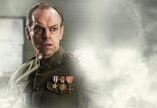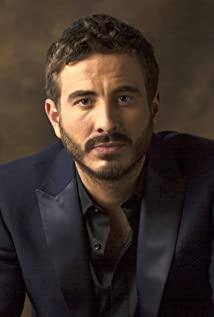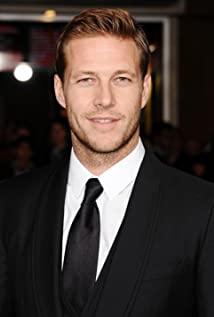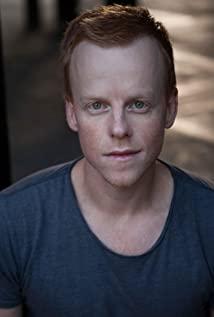Before science, the content of religion on the origin of mankind and the formation of the universe helped us find a sense of psychological belonging. Everyone knows how important this sense of belonging is to human beings with social attributes. Not only that, it also satisfies our thirst for knowledge. However, religion is more powerful in that it can promise people and guarantee people a happy ending when they encounter difficulties and fears (this is just a hit with certainism). This science is not an opponent at all. In many cases, science can only allow people to suffer, and let people accept the reality "coldly". The difference between religions is that all religions issue precepts and make taboos. These precepts are the same as the previous ones. The obtained guarantees of happiness are closely integrated, that is to say, if you observe the precepts, then you will be happy, and if you violate the taboo, you will be punished.
Freud believed that the creation gods in almost all civilizations are tall male images, which illustrates the influence of traditional patriarchy on the religious subconsciousness. For children, the appearance of worshiping the tall and mighty father in childhood is just after worshipping. God’s spiritual roots, and weak children’s prayers for the protection of their fathers, are also the psychological archetypes of praying for the blessings of the gods in religion. Therefore, it is not difficult to find that there is always a role of father in religious films. I do not want to use religious psychology to forcefully explain whether the protagonist Doss’s persistence in faith is due to his father’s harsh family education. It happened later, but I think the lack of being cared for may indeed make Doss stronger in his beliefs and playing the role of savior. Speaking of religion, I’m talking about it a lot, but for Mel Gibbs’ films, whether it’s religion or freedom, I think what he cares more about is actually a problem of self-existence, pursuing a kind of ignorance. The image of characters who insist on the truth among sentient beings, and this process must have a tendency of self-masochism, because it is very simple, children who are not well cared for in childhood will think that they are not good, so they cannot get love. This kind of strong Perhaps the protagonist Doss's guilt is one of the motivations for the protagonist Doss, including his brother, to go to the front voluntarily.
"Hacksaw Ridge" is almost a three-part narrative. The first part paves the family background and talks about the origin of faith; the second part prepares to go to the battlefield and talks about the persistence of faith; the last part focuses on a battle and talks about the implementation of faith. You can't fault it too much, anyway, Mel Gibson likes to let men take their beloved women in a tryst in the wild. The photography is really good, especially the middle shots and close-ups. It captures the best moments of the actor's performance. The choice of colors also follows the principle of cold and warm, which makes it easier to enter the scene. In terms of final performance, Garfield’s accent is of course the part that needs to be praised, but the characters that are tested by a tendon somewhat limit the level of performance. Is it my illusion? Garfield’s neck really looks too long sometimes.
76/100
View more about Hacksaw Ridge reviews











